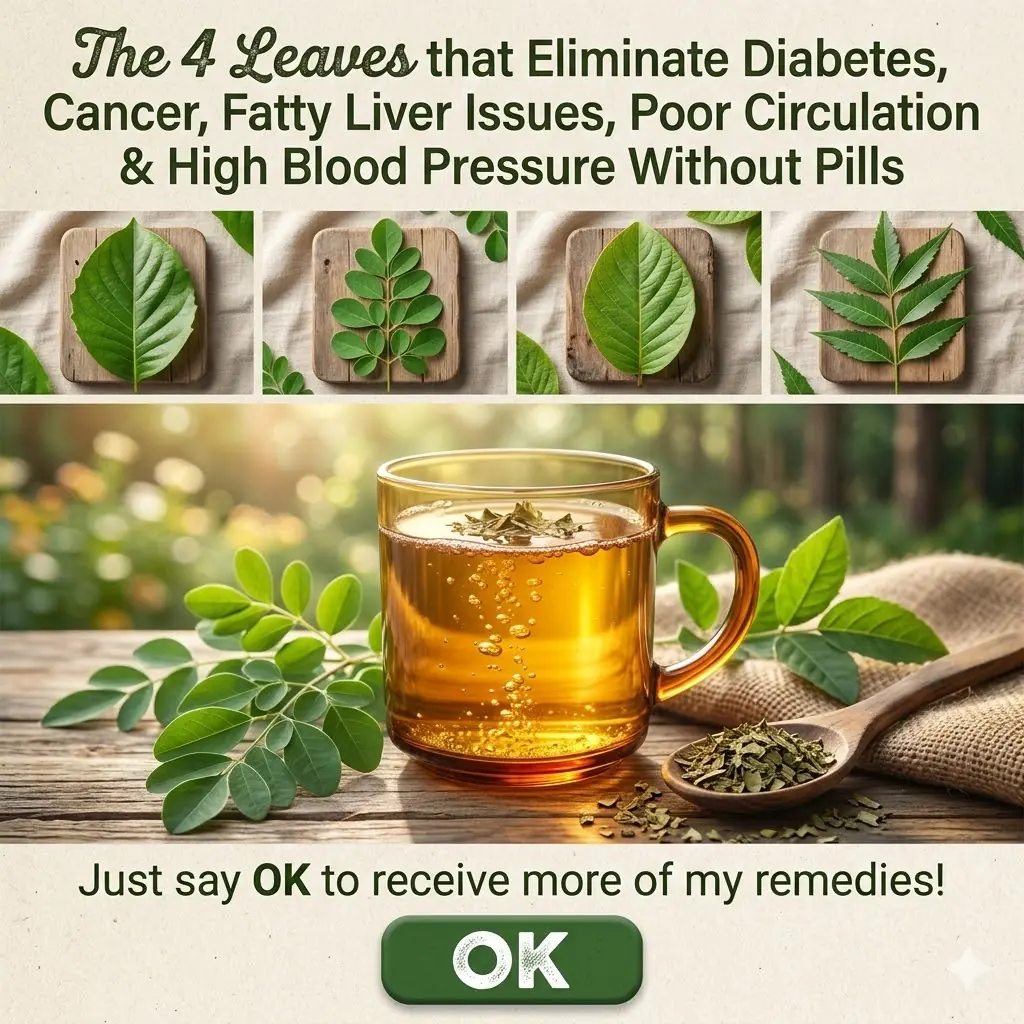
The Richest Americans Still Die Earlier Than the Poorest Europeans

When Wealth Can’t Buy Time: Why Even America’s Rich Are Dying Younger Than Europe’s Poor
What if the billionaire tech mogul, with a team of concierge doctors, access to luxury wellness retreats, and the latest biohacking trends, still lives a shorter life than a retired factory worker in France? It sounds impossible — a contradiction of everything we believe about money and health — but the data tells a sobering story.
A landmark study of nearly 74,000 adults across the United States and Europe has revealed a disturbing truth: Americans, even those at the very top of the wealth ladder, are dying younger than Europeans at the very bottom. The gap isn’t measured in months — it spans years of life lost, despite America’s unparalleled investment in healthcare and its reputation as one of the richest nations on Earth.
A Tale of Two Trajectories
Once, the U.S. and Europe ran almost neck and neck in life expectancy. But in the early 1980s, the paths diverged. Europe continued to climb steadily, year by year, while the United States faltered — slowing first, then reversing. By 2014, the trend had turned downward.
Today, the average American lives six years fewer than the average European. And here’s the unsettling twist: no amount of personal wealth in the U.S. seems able to close that gap.
The Study That Shocked the Experts
Published in The New England Journal of Medicine, the study analyzed health and mortality data for adults aged 50 to 85 between 2010 and 2022. Of the participants, about 19,000 were Americans and 54,000 were Europeans from 16 countries, divided into northern and western, southern, and eastern regions.
The headline findings were stark. Yes, in both the U.S. and Europe, wealth improved survival rates: the wealthiest quartile in each region was about 40% less likely to die during the study period compared to the poorest quartile. But when researchers compared across continents, the story turned upside down.
-
Wealthy Americans had higher mortality rates than wealthy Europeans.
-
In many northern and western European countries, even the poorest residents outlived America’s richest citizens.
-
Numerically, the U.S. reported an overall death rate of 6.5 per 1,000, while northern and western Europe posted just 2.9 per 1,000.
Dr. Irene Papanicolas, the study’s lead author and director of the Center for Health System Sustainability at Brown University, called the results both surprising and deeply troubling.
“We expected to see greater inequity in the U.S.,” she said. “But what shocked us was just how poorly the richest Americans compared to their European counterparts.”
Why Spending More Isn’t Buying Better Health

One of the most confounding aspects of America’s longevity crisis is that it persists despite record-breaking spending. In 2022, U.S. healthcare expenditures soared to nearly $13,000 per person, almost double the average in other wealthy nations. Yet Americans continue to die younger, endure higher rates of chronic disease, and face deeper health disparities.
The problem isn’t the amount spent — it’s how that money is used. Unlike Europe, where universal healthcare guarantees consistent access to doctor visits, hospital care, and preventive screenings, the U.S. relies on a patchwork of employer-based insurance and private providers. This fragmented system leaves millions uninsured or underinsured, forcing people to skip medications, delay appointments, or avoid care altogether because of cost.
Even the wealthy aren’t entirely insulated. Concierge doctors and luxury wellness programs can help, but they can’t fully compensate for a healthcare system that fails to provide consistent, preventive care across the population.
Dr. Steven Woolf, a population health expert at Virginia Commonwealth University, explains the difference succinctly:
“In Europe, strong safety nets shield people from catastrophic health events. In the U.S., when life throws a curveball, it doesn’t just threaten your finances — it threatens your health.”
The Bigger Picture: Beyond Hospitals and Clinics
Access to healthcare explains only part of the longevity gap. The roots of America’s shorter lifespans reach deep into the daily environments, diets, stressors, and social structures that shape well-being over decades.
Diet and Chronic Illness
The American diet is notoriously dominated by ultra-processed foods. As a result, the U.S. has the highest obesity rate among OECD nations — more than 42% of adults, compared to 15–20% in much of Europe. This excess weight drives higher rates of diabetes, cardiovascular disease, and certain cancers, all of which cut lives short and drive up costs.
Stress, Loneliness, and Mental Health
Stress in the U.S. is pervasive and corrosive. A sudden job loss, a medical bill, or an unexpected crisis can upend financial stability, fueling chronic anxiety. Chronic stress is strongly linked to heart disease, immune dysfunction, and depression.
Social isolation magnifies the problem. The U.S. Surgeon General warned in 2023 that loneliness had become a “public health epidemic,” increasing the risk of premature death as much as smoking 15 cigarettes a day. In contrast, European societies — bolstered by social safety nets and community supports — shield citizens from some of these pressures.
Education and Economic Opportunity
Education is another determinant of longevity. In Europe, free or heavily subsidized higher education expands opportunities and reduces inequality. In the U.S., crushing student debt creates financial stress that reverberates for decades, impacting housing, family planning, and health outcomes.
Wealth Gaps and Health Gaps

The study also revealed that the link between wealth and survival is much sharper in the U.S. than in Europe. Rich Americans do live longer than poor Americans — but the size of that gap dwarfs what is seen across the Atlantic.
This is no accident. The U.S. has one of the highest levels of income inequality in the developed world. Decades of stagnant wages, soaring housing costs, and expensive healthcare have left millions struggling just to get by.
Research shows that inequality itself, apart from absolute poverty, is toxic to health. Communities with wider income gaps consistently experience higher rates of chronic disease, mental illness, and premature death, regardless of average income.
By contrast, Europe’s redistributive policies — universal healthcare, housing subsidies, robust unemployment benefits — raise the health “floor” for everyone, narrowing the survival gap between rich and poor.
What Europe Gets Right

If wealth can’t buy longer lives in the U.S., what are Europeans doing differently?
-
Universal Healthcare: In France, Germany, and the Netherlands, healthcare is treated as a right, not a privilege. Preventive care is readily available, reducing deaths from treatable conditions.
-
Social Safety Nets: From housing assistance to elder care programs, these supports buffer citizens from the health shocks of financial crises.
-
Education and Worker Protections: Free higher education and strong labor laws reduce financial and psychological stress. Paid sick leave ensures that illness doesn’t spiral into financial disaster.
-
Raising the Baseline: These collective investments don’t just help the poor — they benefit the middle class, creating a society where longevity isn’t a luxury for the few but a shared foundation for all.
America’s Crossroads

The widening longevity gulf between the U.S. and Europe is not just a data point. It is a warning sign of deeper systemic failure.
Fifty years ago, Americans and Europeans shared roughly the same life expectancy. Now, Americans live six years less on average — a loss measured in millions of collective years, every decade. And since 2014, U.S. life expectancy has actually declined, a trend almost unheard of among wealthy nations.
This isn’t just about dying younger. It’s about living sicker: higher rates of disability, chronic illness, and financial strain that ripple through families, communities, and the economy. As Dr. Woolf cautions, recent political efforts to weaken public health programs risk driving the country even further off course.
A Wake-Up Call
The paradox is impossible to ignore: in the United States, wealth buys privilege, but not time. What Europe demonstrates is that collective investment — in healthcare, housing, education, and social stability — builds healthier, longer-lived populations across the board.
America doesn’t have a spending problem; it has a priorities problem. Until health is treated as a common good rather than a private commodity, even the wealthiest Americans will continue to be outlived by Europeans whose societies have chosen to value collective well-being over individual wealth.
The question now is stark: will the U.S. continue down a path where money fails to buy more life, or will it embrace policies that make longer, healthier lives a shared reality for everyone?
News in the same category


What the First Animal You See Reveals About Your Hidden Flaw
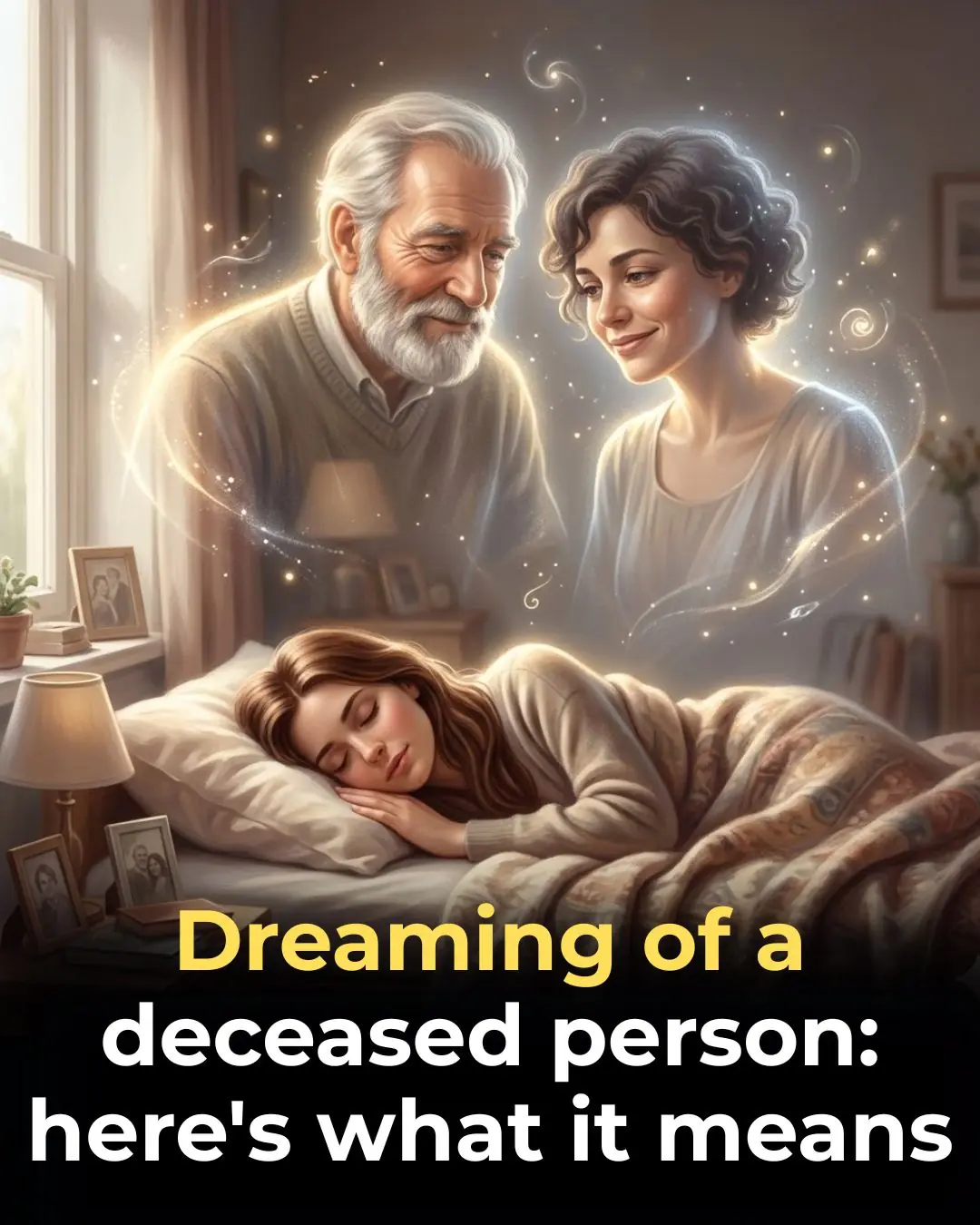
Dreaming of a deceased person: here's what it means

The Common Bra Mistake
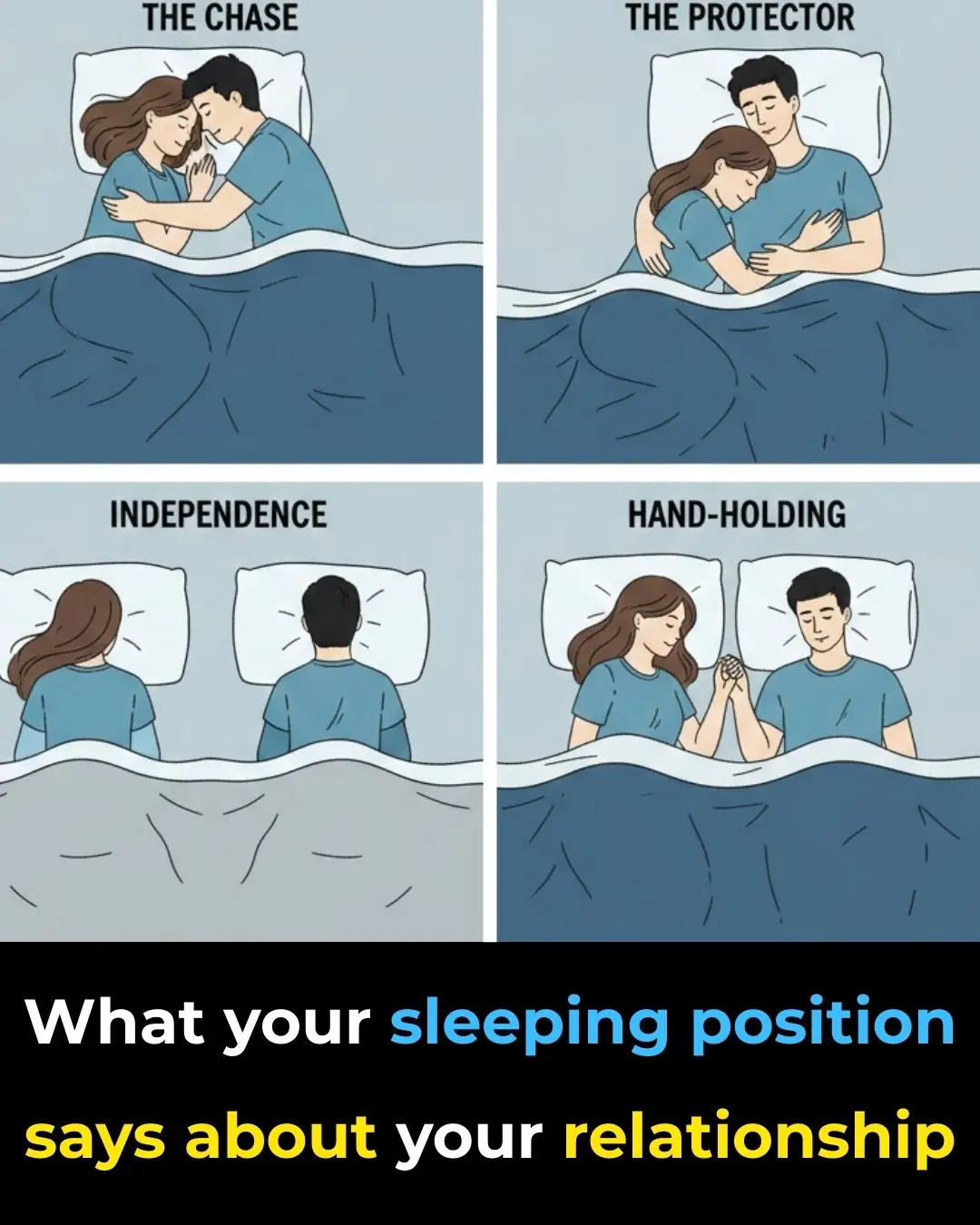
What Your Sleeping Position as a Couple Might Reveal
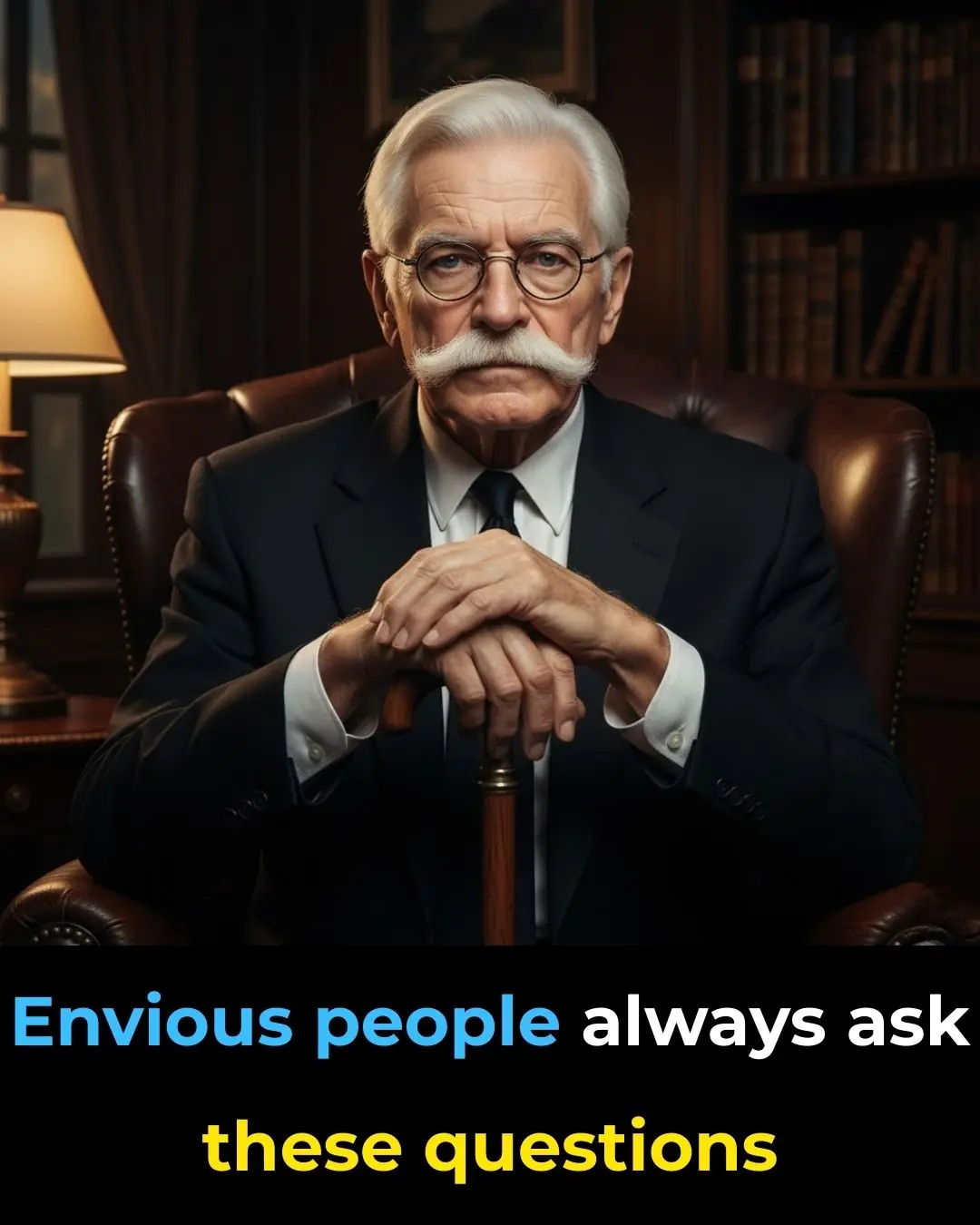
Envy Rarely Looks Like Hate

Why Slugs Keep Showing Up in Your Home
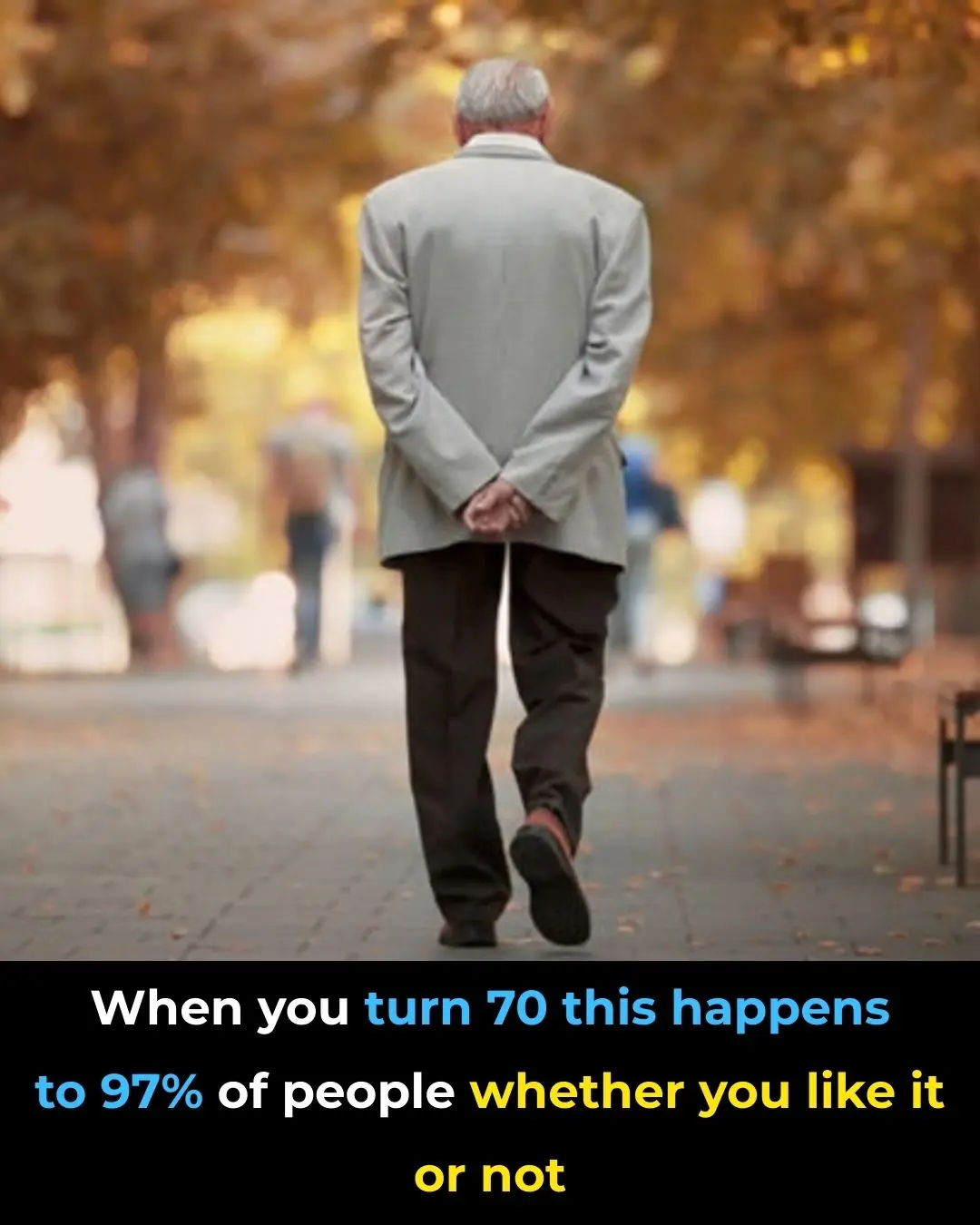
Almost Everyone Experiences This After Turning 70, Like It or Not

Did you know that if a white and yellow cat approaches you, it's because…
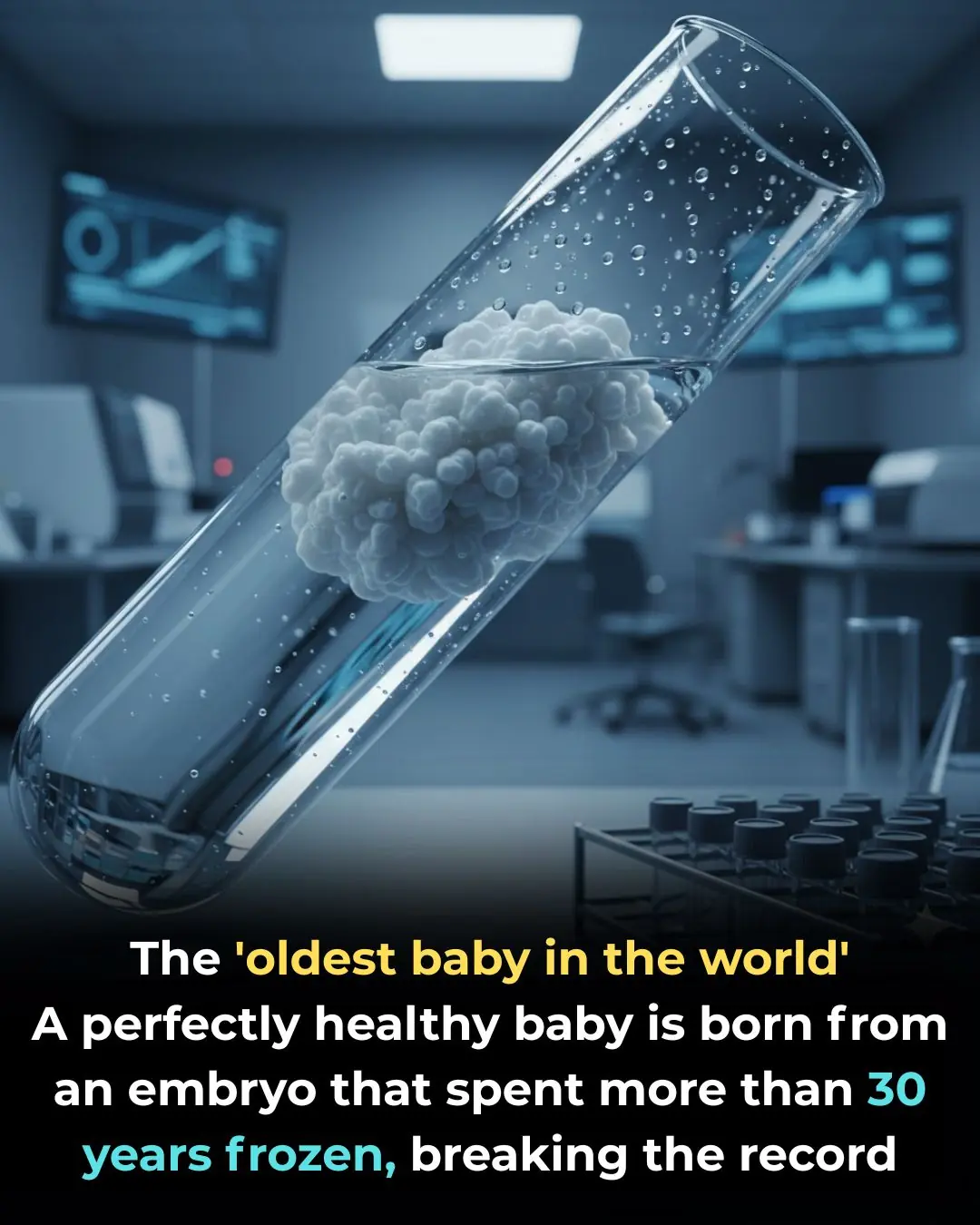
A baby is born in the United States from an embryo frozen more than 30 years ago.
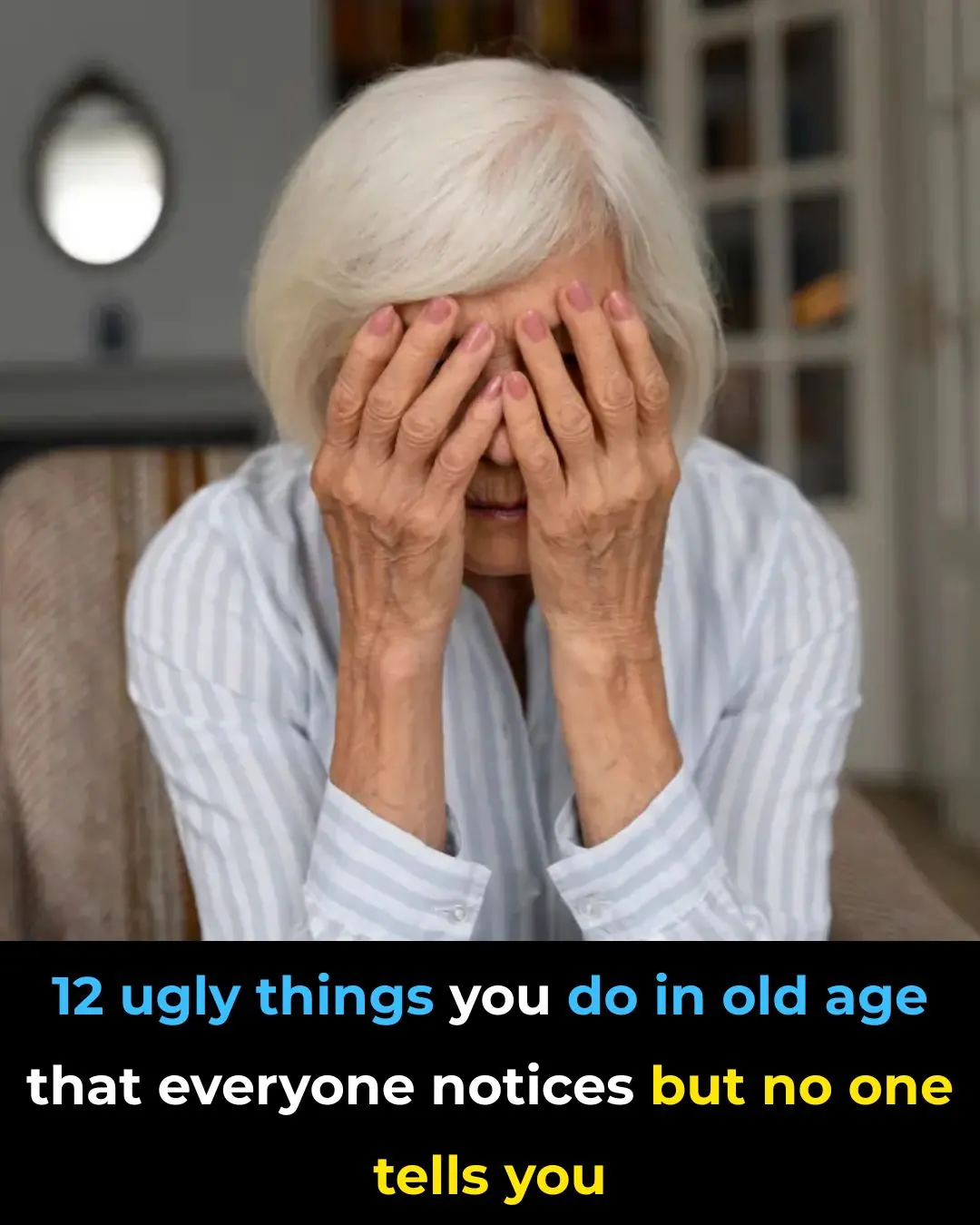
12 nasty habits in old age that everyone notices, but no one dares to tell you
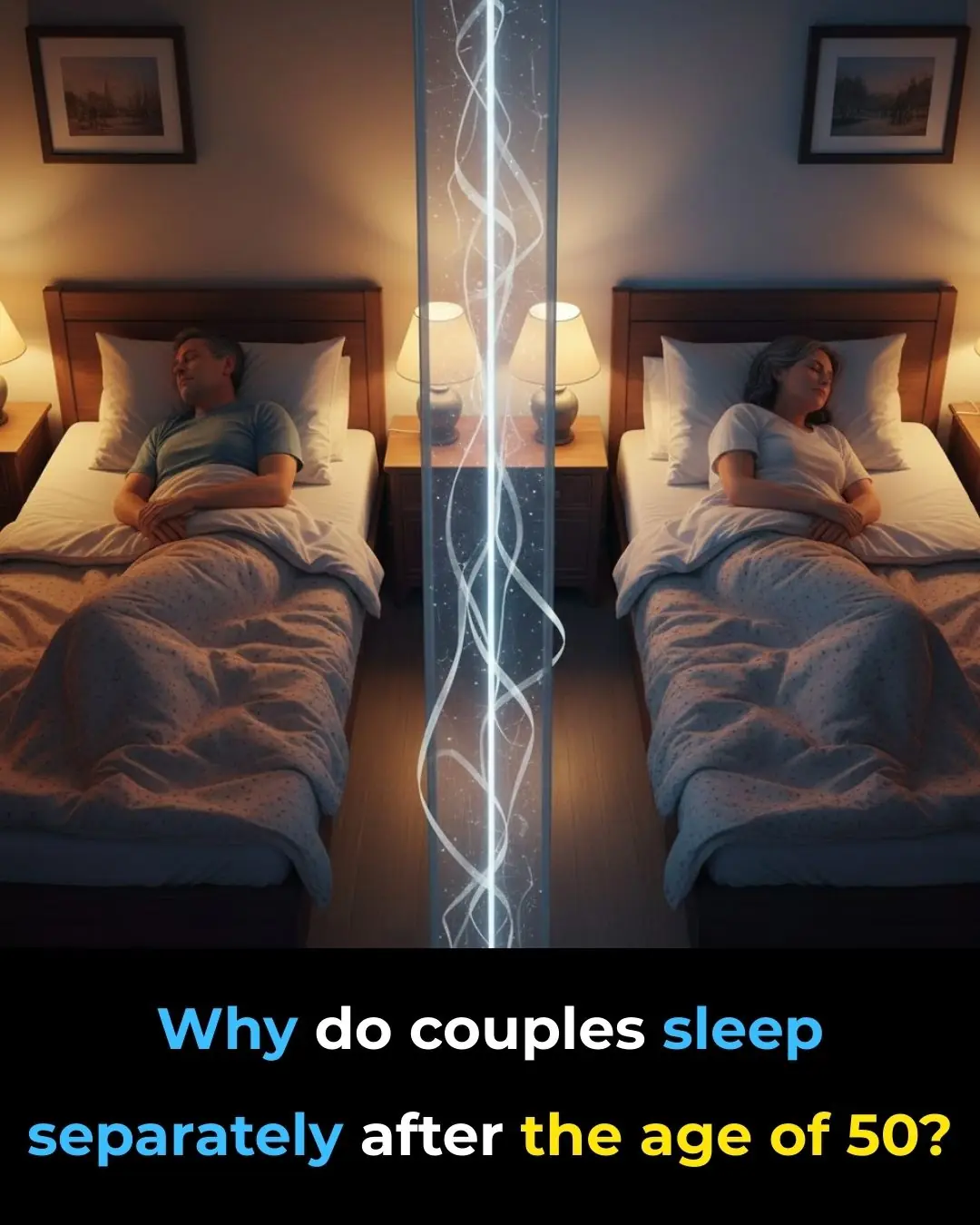
Why do couples sleep separately after age 50?
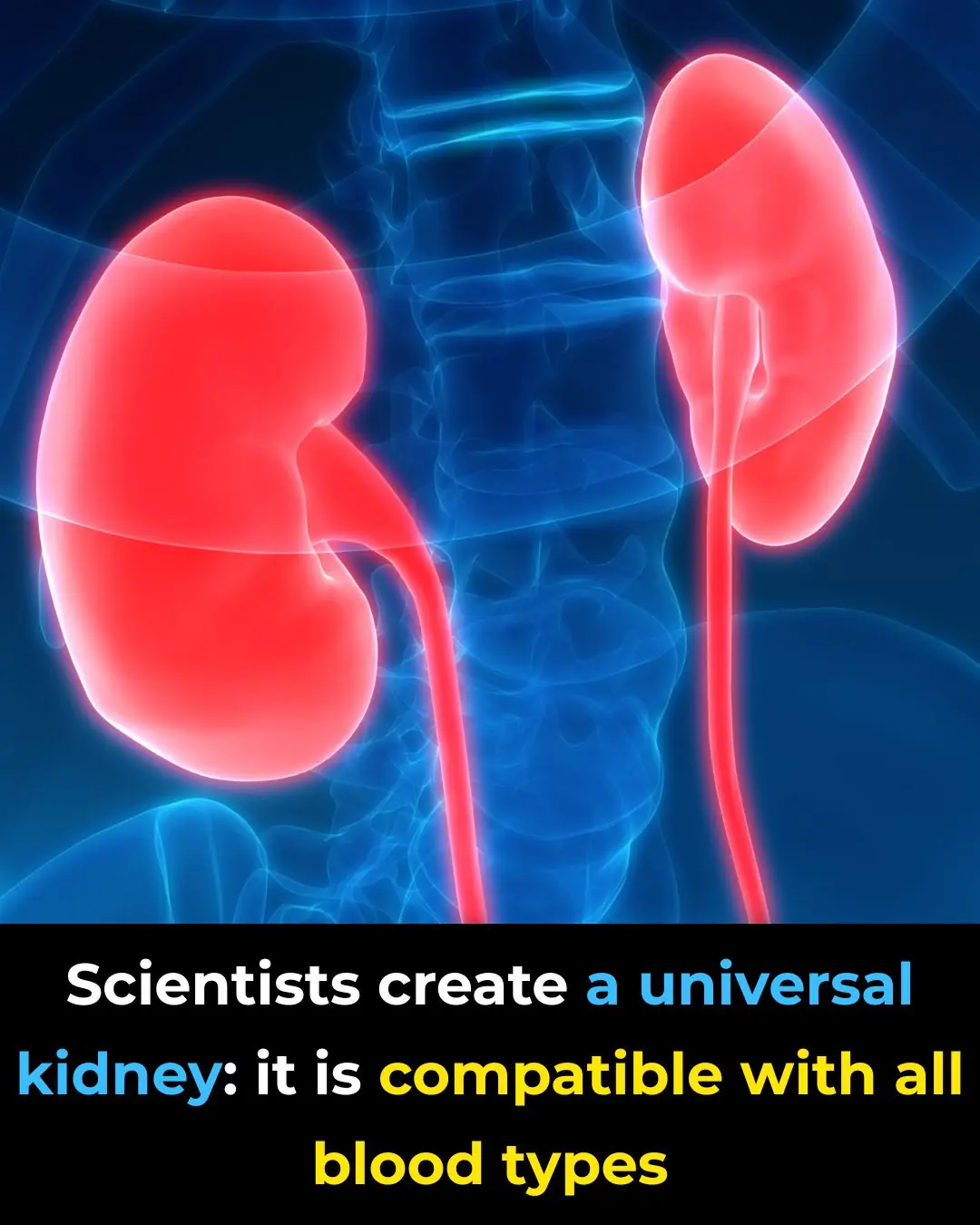
Scientists create a universal kidney: it is compatible with all blood types

When a person keeps coming back to your mind: possible emotional and psychological reasons

A promising retinal implant could restore sight to blind patients
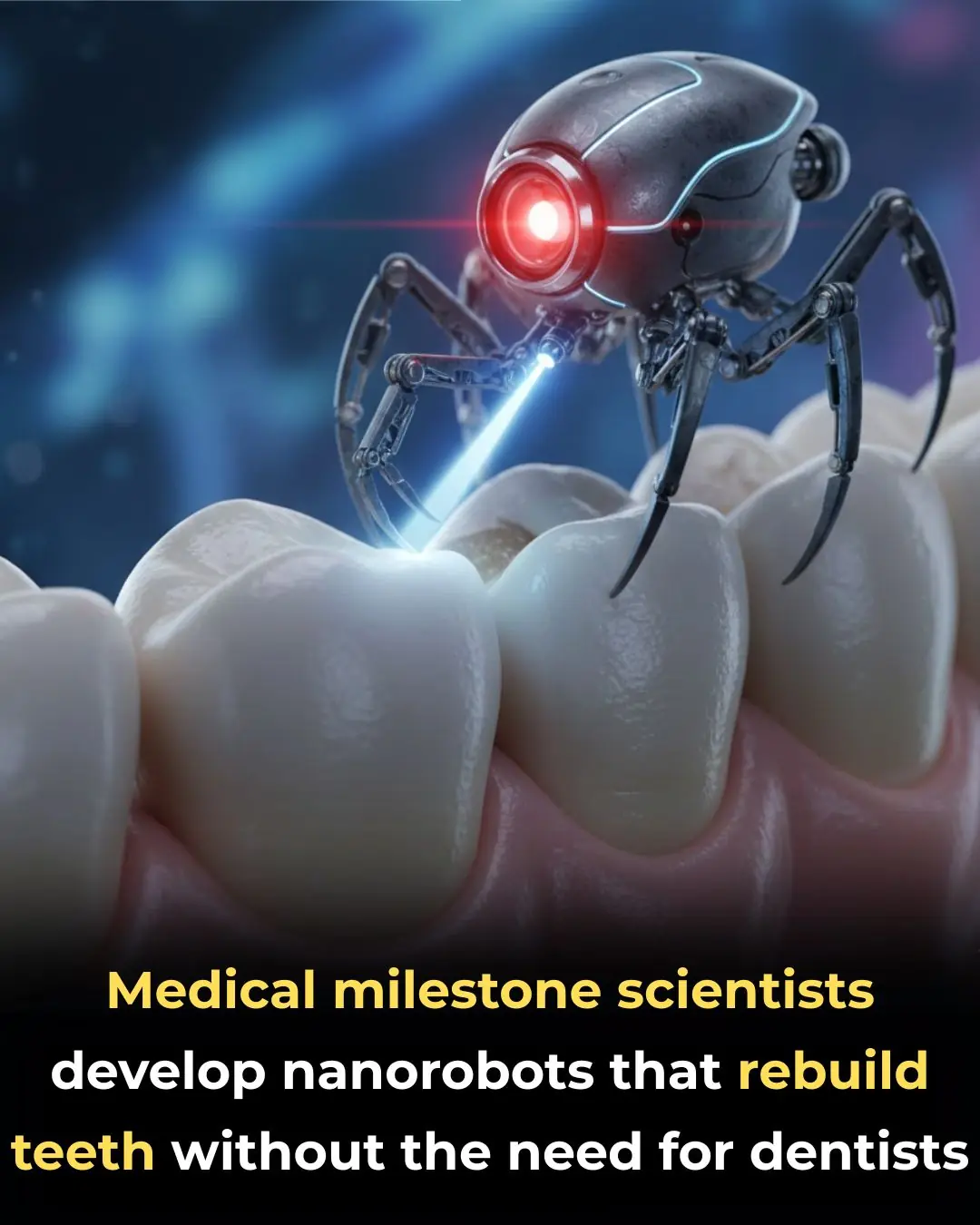
Scientists develop nanorobots that rebuild teeth without the need for dentists
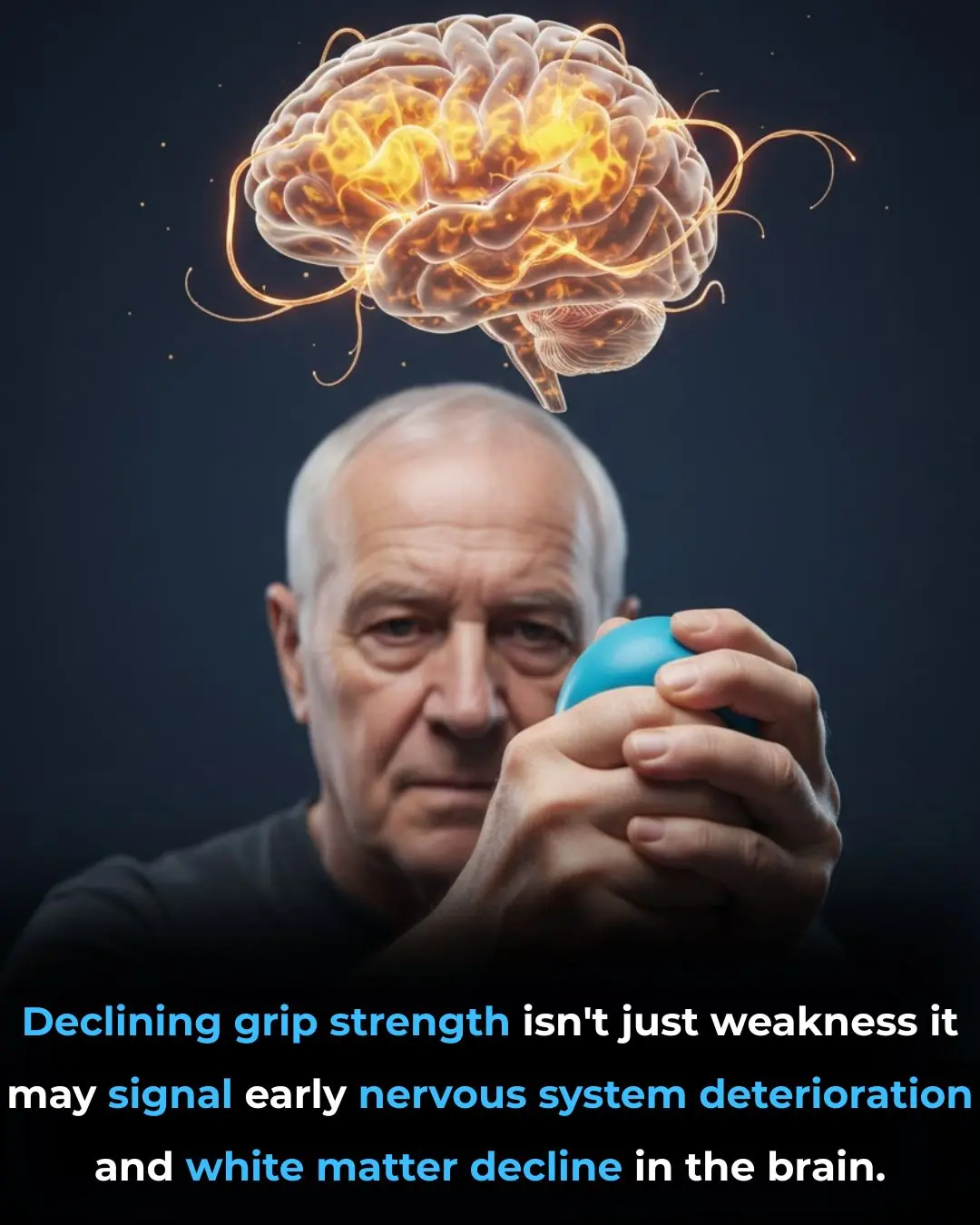
Grip Strength and Brain Health: More Than Muscle

Bioprinted Windpipe: A Milestone in Regenerative Medicine

Bagworms Inside Your Home
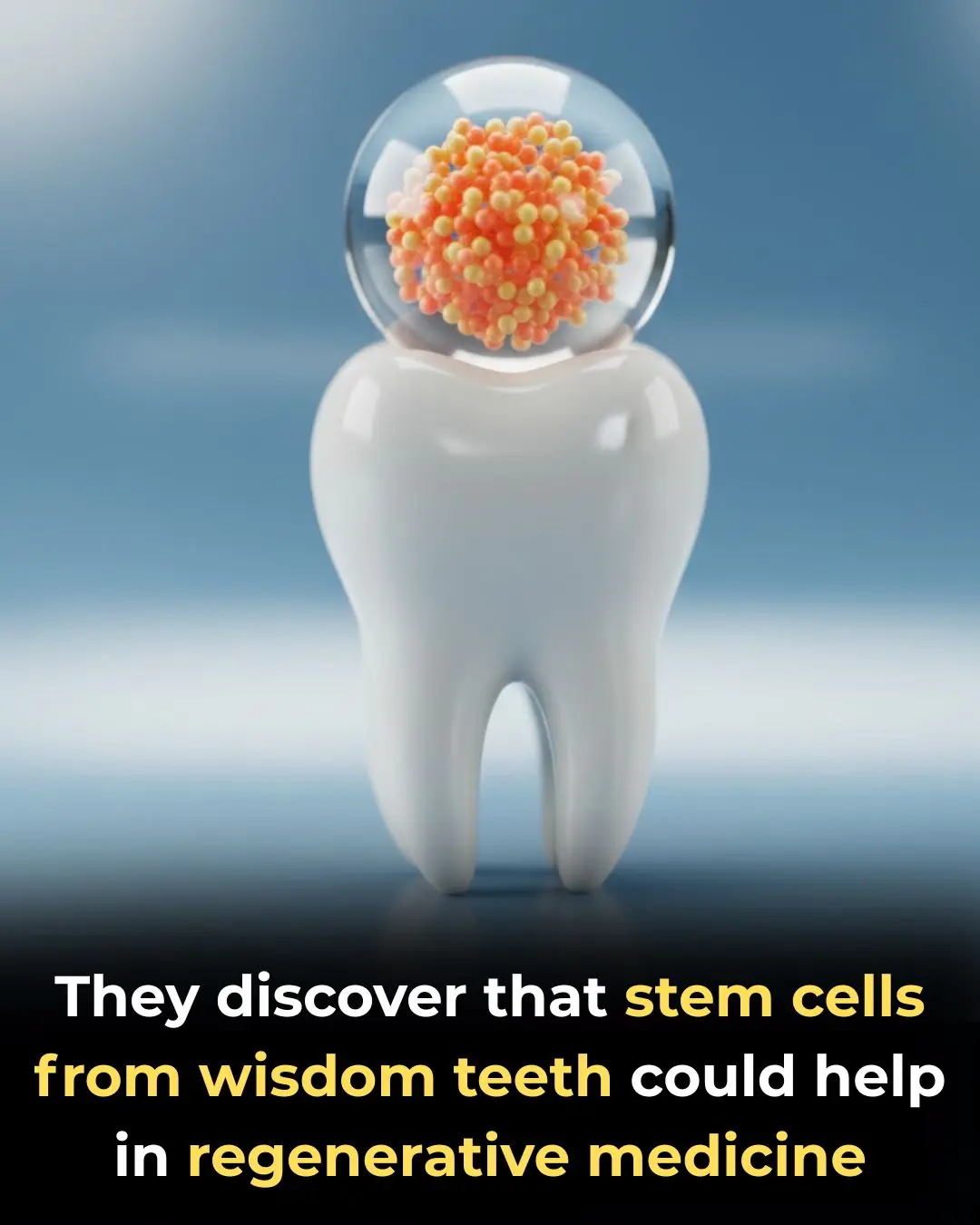
Scientists discover that stem cells from wisdom teeth could help in regenerative medicine
News Post

The reason might surprise you... Read more
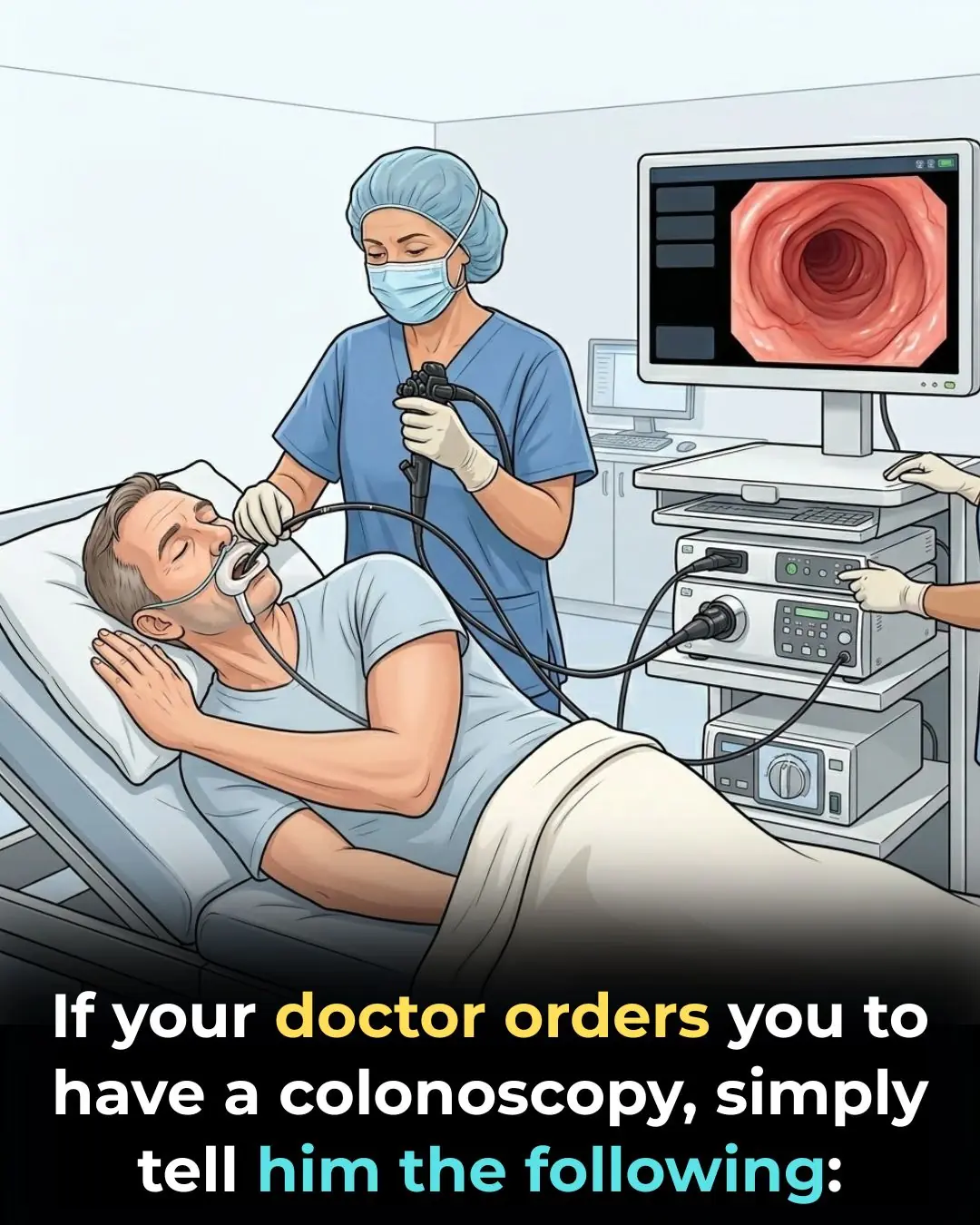
Colonoscopy: The key question you should ask your doctor before the procedure

Itchy Breasts? Here Are 6 Health Issues That Could Be Behind It

They Mocked Him for Losing His Hair to Chemo. They Didn’t Know His Mother Had Just Come Home
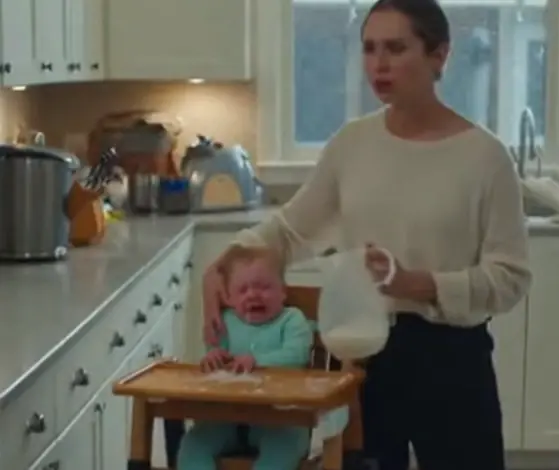
Stepmother Thought No One Would Know. Then the Father Walked In and Saw Everything

My Police Dog Refused to Leave the Quiet Boy What I Found Under His Sleeve Changed Everything

The Day the Engines Roared: How Strangers Stood Up for the New Kid
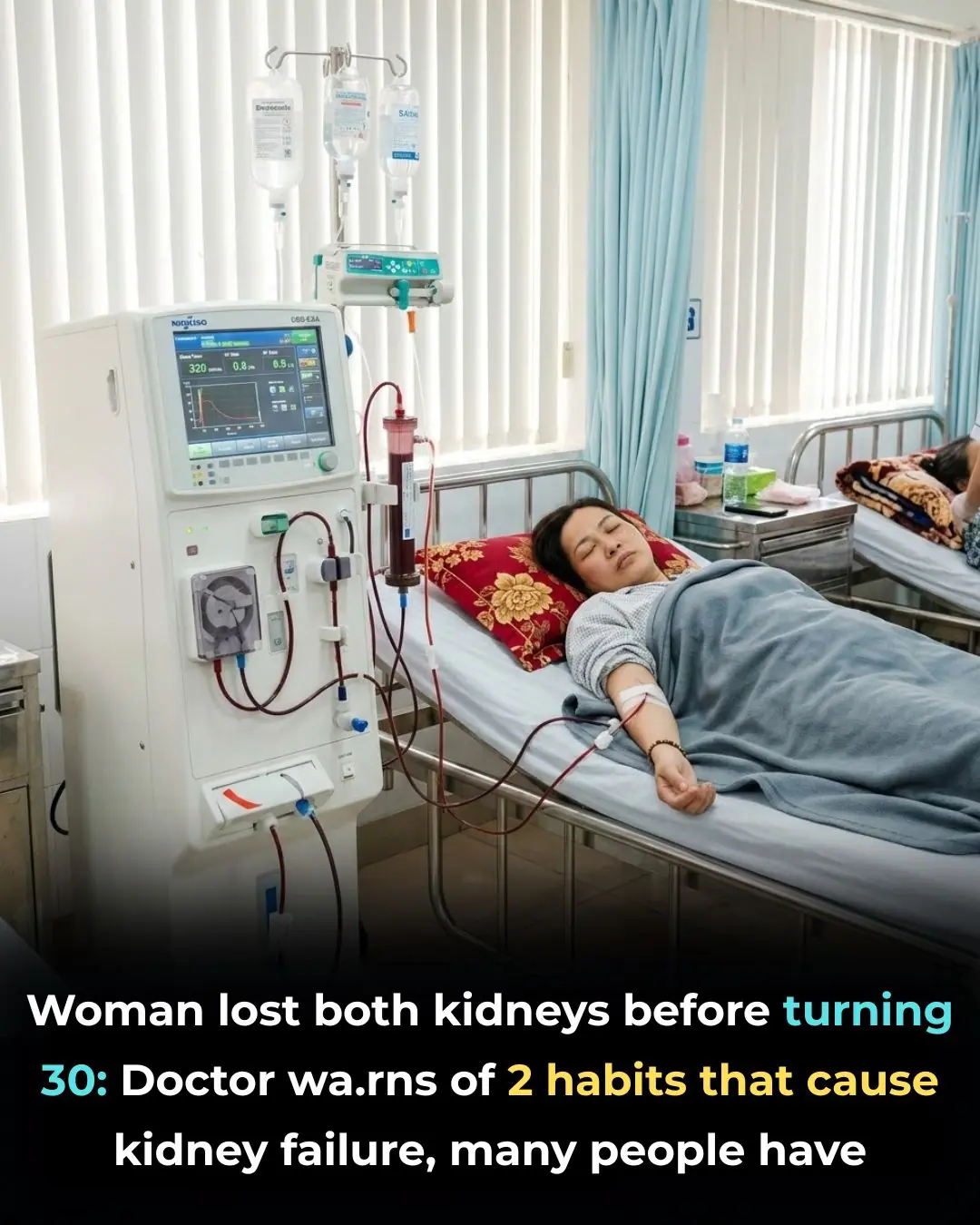
Woman lost both kidneys before turning 30: Doctor warns of 2 habits that cause kidney failure

He Called Him Useless and Kicked the Blind K9 Into the Freezing Mud
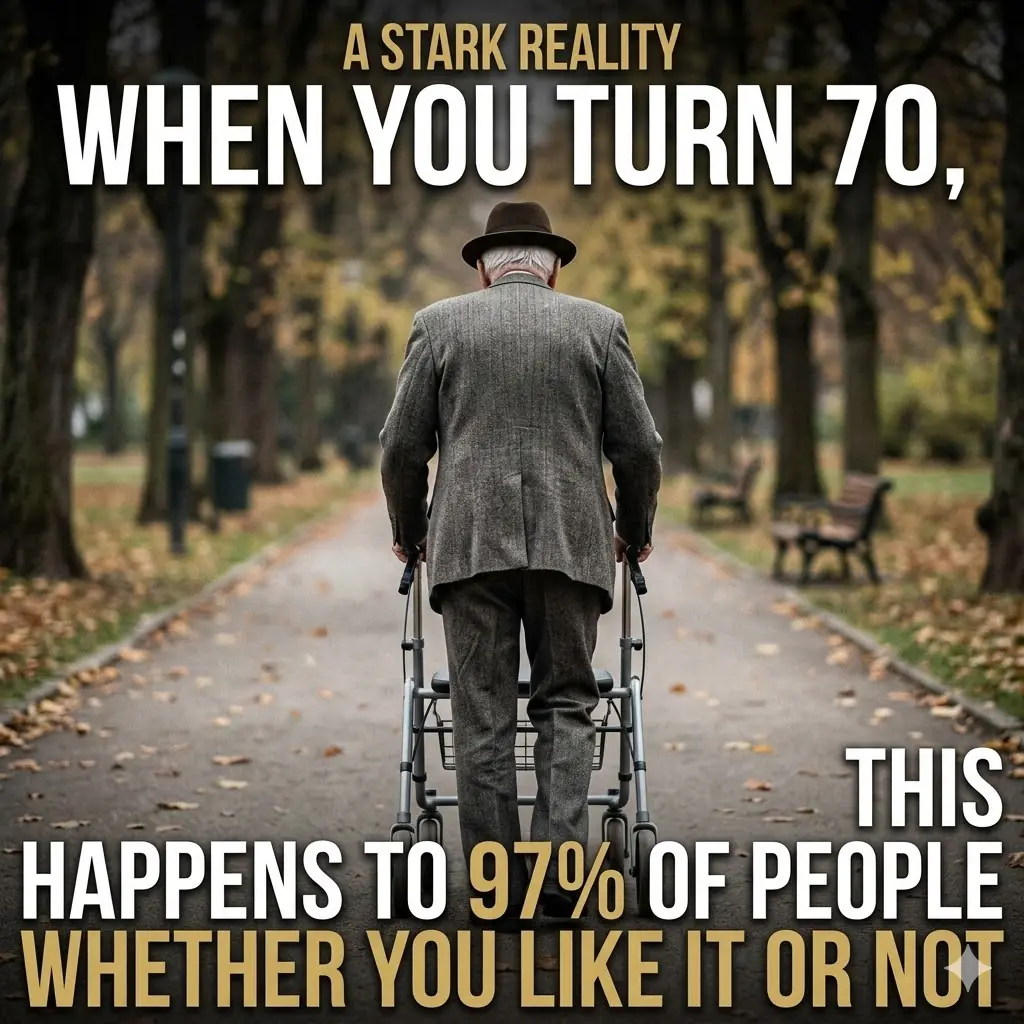
Understanding the Body After 70

The 4 hidden causes of persistent phlegm in your throat (& how to fix it naturally)
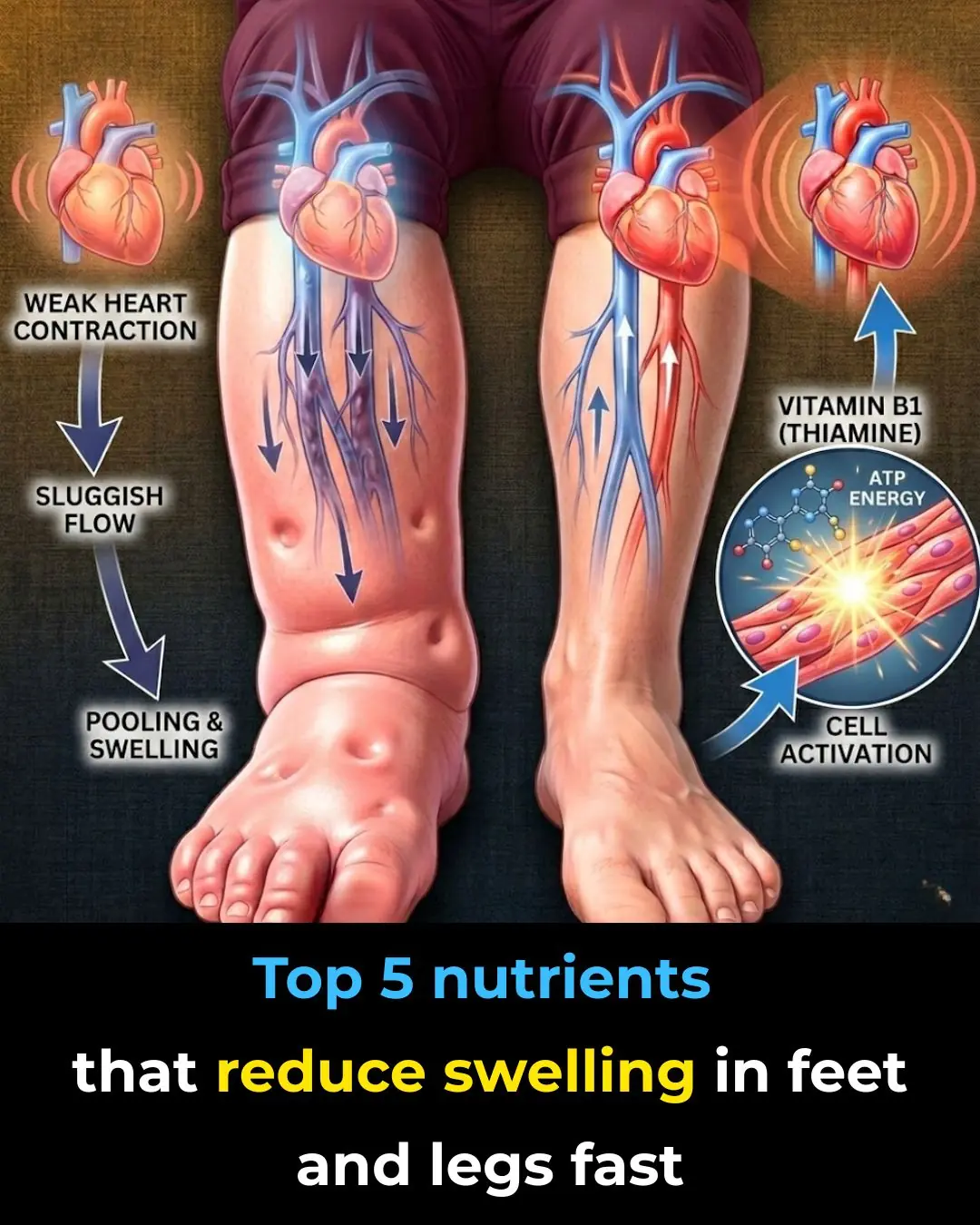
Top 5 nutrients to reduce swelling in feet and legs

She Called Him a Paid Servant—and Poured Wine on Him. Five Minutes Later, the Director Spoke One Sentence.

Azedinha (Oxalis): The Small Tangy Wild Plant with Hidden Benefits and Everyday Uses
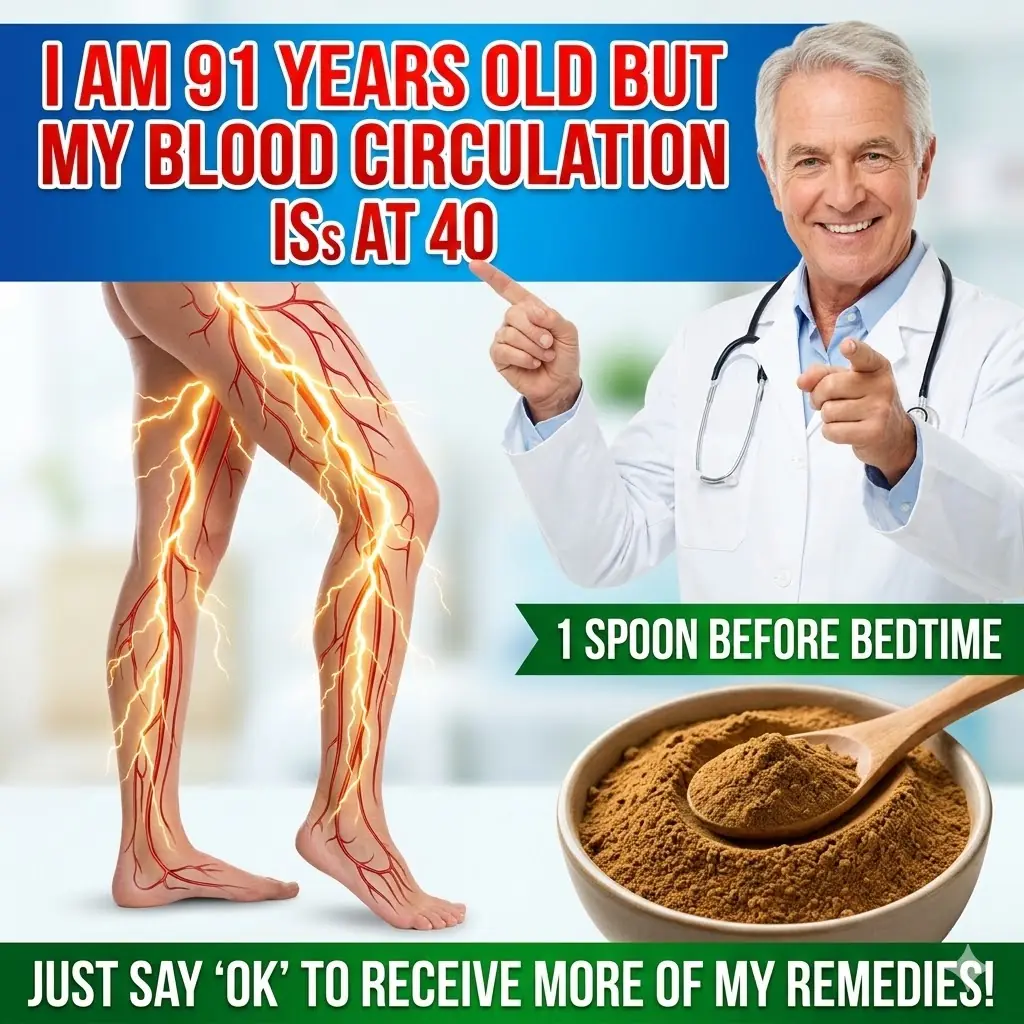
Older Adults: Eat This Before Bed to Support Blood Flow and Leg Circulation Naturally

They Poured Red Wine on Her “Fake” Bag at a Charity Ball—Then a Luxury Executive Froze the Room

The Father Who Returned After Fifteen Years—Only to Find His Daughter Living as a Servant in the Mansion He Bought for Her
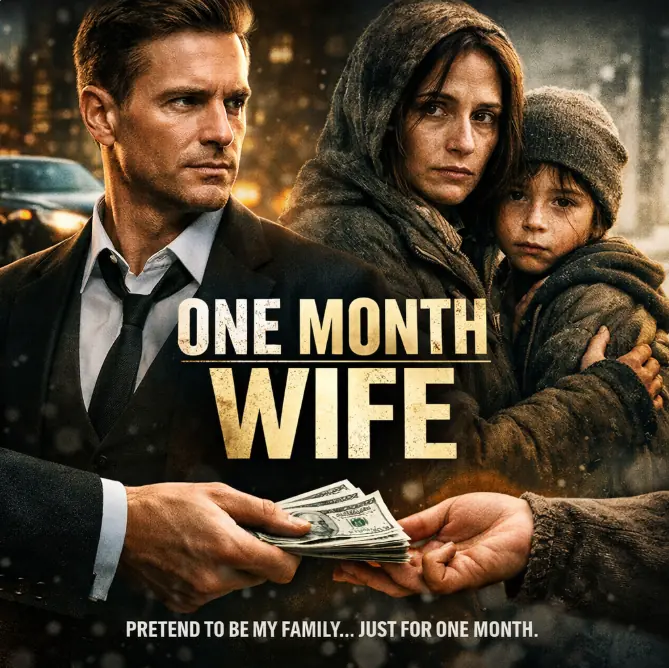
The Contract Family

Discover 10 Practical Ways to Use Petroleum Jelly in Your Daily Routine to Care for Dry Skin
